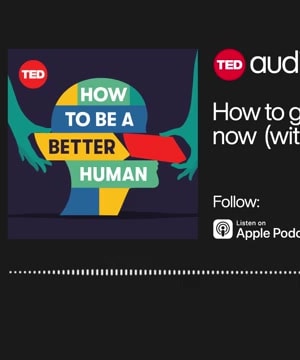Comprehensive strategy
Sources:
Creating a comprehensive strategy involves multiple expert insights across various fields:
-
Inclusive Development:
- Alan Mulally emphasizes incorporating multiple stakeholders (investors, bankers, and leadership) to ensure all voices contribute to the strategy. He stresses the importance of a compelling vision, comprehensive strategy, and relentless implementation plan. Weekly reviews and color-coded status updates (red, yellow, green) help track progress and address issues collaboratively 1.
-
Engaged Electorate:
- Franita Tolson highlights the need for a politically active electorate to hold officials accountable. A comprehensive strategy in politics involves addressing issues like felon disenfranchisement, gerrymandering, and ensuring areas of representation are fair. Continuous public engagement at local, state, and federal levels is crucial for systemic change 2.
-
Financial Wellness:
- Morgan Stanley's strategy includes diverse client engagement methods such as robo-advisors, virtual advisors, and direct client interaction. Focus on workplace financial wellness addresses employee stress and is seen as a frontier in client acquisition 3.
-
Regenerative Medicine:
- Dr. Tyna Moore uses comprehensive treatment protocols incorporating bioidentical hormones and various peptides. This method supports both healthy individuals and those severely metabolically challenged, showcasing a tailored approach for long-term metabolic health 4.
-
Marketing Strategy:
- Mark de Grasse and Jordan Wilson discuss AI’s role in marketing for ideation, strategy creation, and maintaining brand voice consistency. They stress the importance of a cohesive and comprehensive brand strategy that integrates across all marketing channels 5.
-
Bias-Free Workplaces:
- Sara Sanford advises working with experts to create comprehensive equity strategies that extend beyond hiring to include retention and development. She emphasizes analyzing employee data through an intersectional lens to address varied experiences across groups 6.
-
Effective Negotiation:
- Mark Mirra and Kwame Christian suggest capturing insights from past negotiations to build a solid playbook. This strategy not only aids current negotiations but also prepares a robust framework for future deals, ensuring consistent organizational growth 7.
Each of these insights reflects different aspects of building and implementing a comprehensive strategy, whether in business, politics, health, or workplace equity.
RELATED QUESTIONS-


